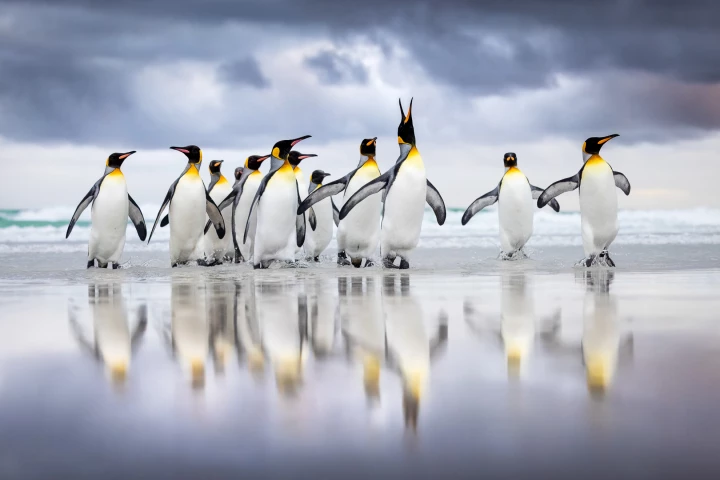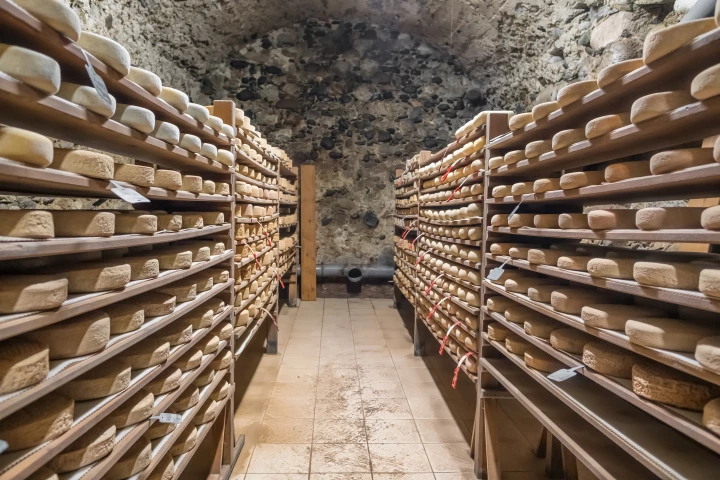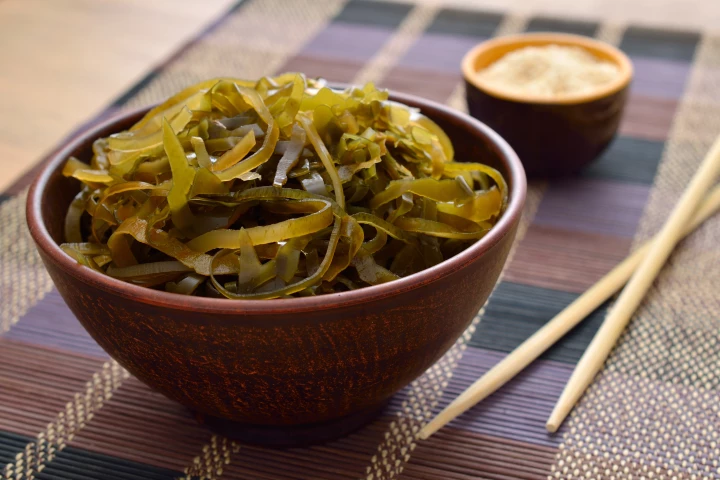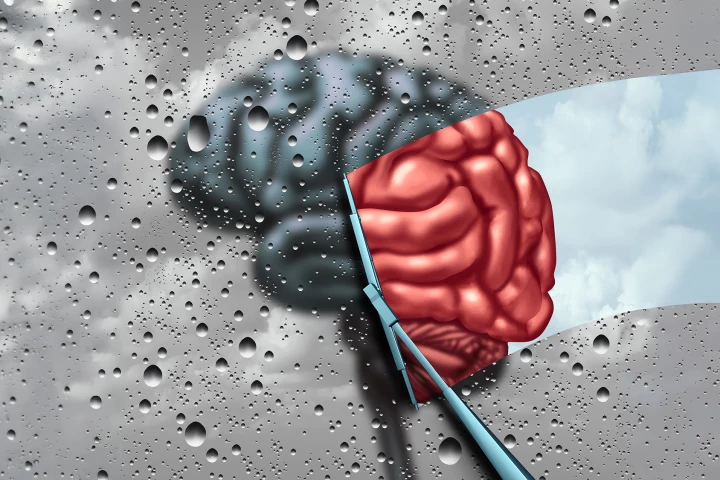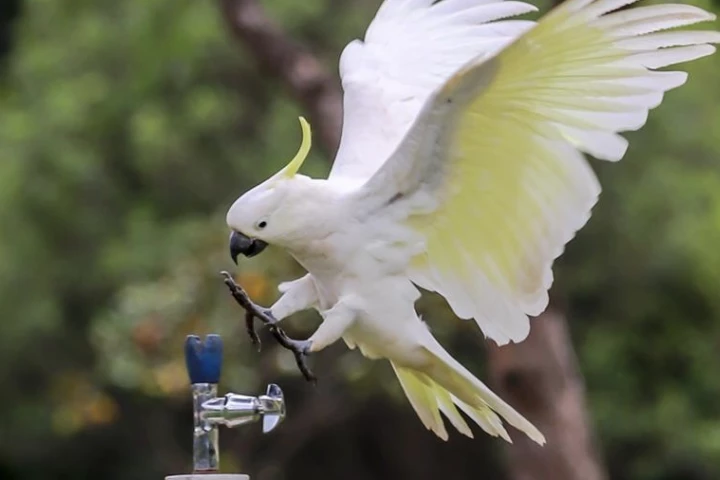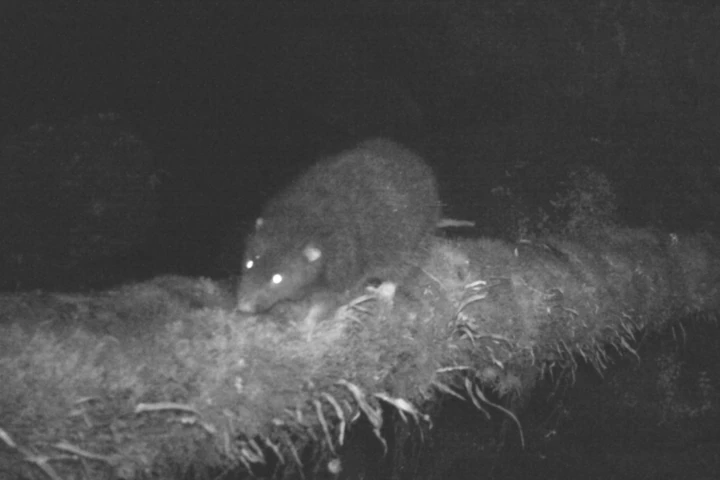nature
-
In 1995, divers first noticed a group of bizarre sandy "crop circles" on the seabed near southwest Japan. But it took decades for scientists to identify the marine artists behind them – and why they were building such geometrically precise structures.
-
From water-skipping robots to elephant-skin inspired cooling materials, engineers have continued to find inspiration in nature in order to move technology forward for humans. And it's set to take center-stage in the new age of robotics.
-
As our evolution slows and industrialization and technology accelerates, research suggests that human biology is struggling to keep pace. A new study investigated whether rapid and extensive environmental shifts have compromised the fitness of Homo sapiens.
-
This year’s Bird Photographer of the Year competition attracted more than 33,000 entries from across the globe, which ultimately delivered a 2025 winners’ list that captures the beauty, drama and diversity of winged wildlife at its best.
-
I do not envy the judges of the Natural Landscape Photography Awards. In 2025, it's attracted some outrageously talented lenspeople, and I'm having a hard time even narrowing down which of the six shortlisted photographers of the year I like best.
-
A chance discovery in a US cheese cave has given scientists a rare glimpse of evolution in real time – and the surprise findings have huge potential for protecting human health, enhancing food security and even delivering new flavors to turophiles.
-
Researchers have successfully tweaked a specialized compound from brown seaweed to unlock its powerful anti-obesity potential. Instead of appetite suppression and fat burning, this molecule reshapes the gut microbiome to fight weight gain naturally.
-
A green tea extract and vitamin B3 combo may hold the key to reviving the brain’s natural cleanup crew, restoring energy, clearing toxic Alzheimer’s proteins, and giving aging neurons a second wind, according to new research.
-
In an impressive feat of urban adaptation, sulphur-crested cockatoos have worked out how to use their feet and their large bodies to twist the taps of drinking fountains. And much like another of their moves, they're learning to do this en masse.
-
An elusive nocturnal beast of a rat that lives high up a mountain has been filmed and caught for the first time, in what is akin to winning the zoology lottery. It's only been seen once in 30 years, and all we know of it stem from old museum specimens.
-
Zombies are real – not in the walking dead sense, but parasites that can force creatures to do things against their will. The launch of The Last of Us season 2 feels like a great time to explore some of the real-world zombie stories that inspired it.
-
A new zombie pathogen has been discovered in Ireland. This insidious fungus infects cave spiders and alters their behavior to help spread its spores to new victims.
Load More



